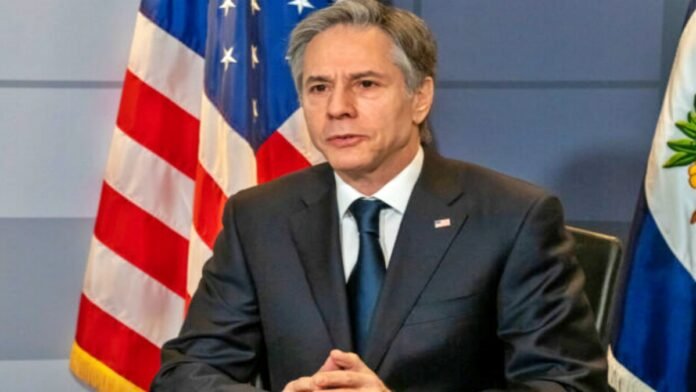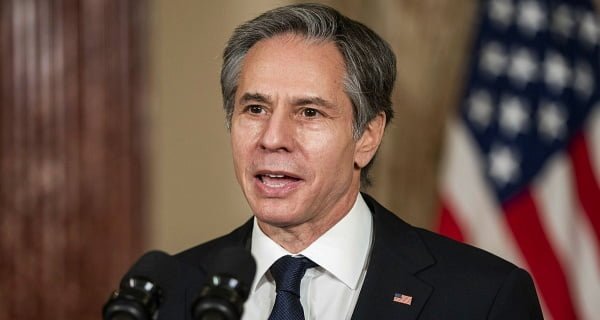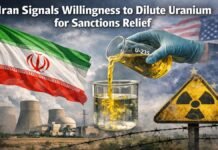
Washington D.C: In a fresh move to clamp down on Russian influence, the United States has introduced new sanctions targeting Russian state-controlled media channel RT (formerly Russia Today). Secretary of State Antony Blinken announced the sanctions, accusing the outlet of being deeply entrenched in Russian intelligence efforts, including undermining democracy within the US.
Donald Lu, a senior US diplomat, elaborated on Friday, describing RT as a critical player in Russia’s broader network of media channels that conduct covert intelligence operations aimed at influencing public opinion and policy in democratic nations. “RT has been weaponized,” Lu stated, emphasizing the channel’s integration of cyber capabilities and intelligence-linked units within its operations.
Meanwhile, RT’s reaction to these sanctions was swift. The channel live-streamed Blinken’s comments on X (formerly Twitter), labeling the new restrictions as “America’s latest conspiracy against Russian media freedom.” The editor-in-chief of RT, Margarita Simonyan, had already been sanctioned last week for her alleged involvement in efforts to interfere in US elections.
Russia, unsurprisingly, denounced the latest US measures. Maria Zakharova, spokesperson for the Russian Foreign Ministry, criticized the US for focusing on sanctioning Russia rather than solving its domestic issues. “It seems the US has become an expert in sanctions rather than diplomacy,” she remarked.

The US State Department’s accusations go beyond US electoral interference. It has alleged that RT is actively engaged in “information operations” and covert military support across Africa, Europe, and the Americas. In a particularly grave accusation, Blinken claimed that RT had been involved in an online fundraiser aimed at procuring military equipment, including body armor, sniper rifles, and drones, to support Russian troops in Ukraine.
As tensions between the US and Russia intensify, the role of RT remains a focal point in the geopolitical battle over media influence and intelligence operations. The latest sanctions mark a significant escalation in the ongoing information war between Washington and Moscow.




















































